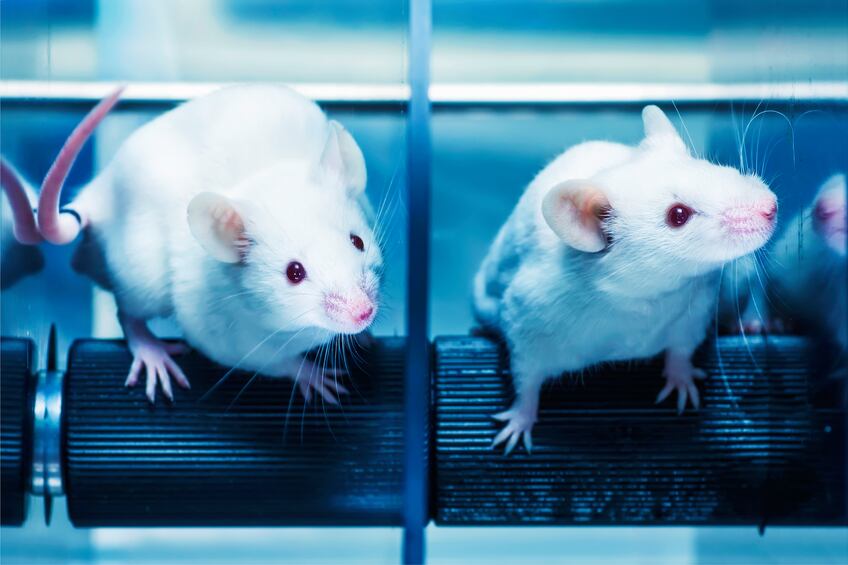These cells—known as glial cells—were found to promote overeating when stimulated, and curb appetite when blocked or suppressed.
The findings suggest a potential role of glia in the regulation of energy homeostasis and open up avenues of research that could involve their manipulation in food intake and feeding behaviour.
Up until now the role of glial cells in controlling appetite has been difficult to define as few techniques are capable of silencing or stimulating these cells, as they have for neurons.
CNO control
Now, details of this study is set to change this paradigm as researchers from Massachusetts Institute of Technology (MIT) used a new technique to study glial cells known as an astrocytes.
This technique allowed the team to create cells to produce a surface receptor that attaches to a chemical called clozapine-N-oxide (CNO).
This compound, when given to astrocyte cells in mice, had a significant effect on feeding behaviour, significantly increasing the amount food consumed. Likewise, when astrocyte activity was reduced mice ate less than normal.
“Mice are not known to eat very much in the daytime, but when we gave drugs to these animals that express a particular receptor, they were eating a lot,” said lead author Naiyan Chen, a postdoctoral researcher at the Singapore Bioimaging Consortium and the McGovern Institute.
Over three days, the team found that the mice did not gain any extra weight even though their food intake had increased.
These observations led to the theory that the glial cells were influencing neurons increasing energy expenditure to account for the increased food intake.
Additional insights

The team also discovered that these astrocytes had an influence on neurons known as AgRP. Previous studies have shown these neuron types to promote feeding when activated.
Unexpectedly, another group of neurons—POMC—remained unaffected by the astrocytes. These neurons have been implicated in reduced appetite in mice, when activated.
Co-author of the study Dr Guoping Feng, member of MIT's McGovern Institute for Brain Research and the Stanley Center for Psychiatric Research at the Broad Institute, now wants to develop new research tools to aid scientists in learning about how astrocytes control appetite and feeding.
"We really know very little about how astrocytes contribute to the modulation of appetite, eating, and metabolism," he said.
"In the future, dissecting out these functional differences will be critical for our understanding of these disorders.
Source: eLife
Published online ahead of print, doi.org/10.7554/eLife.18716
“Direct modulation of GFAP-expressing glia in the arcuate nucleus bi-directionally regulates feeding.”
Authors: Weiping Han et al
